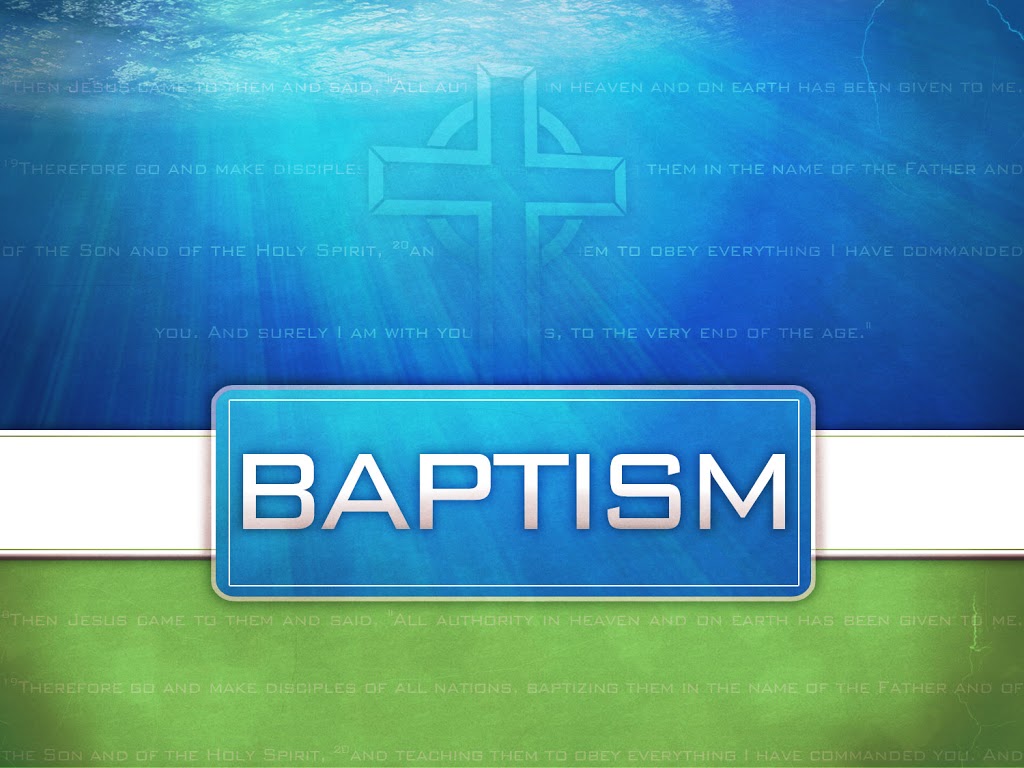One of the simplest but most disputed verses in all of the Bible is Mark 16:16 where, in citing the terms of the Great Commission, said: “He that believeth and is baptized shall be saved; but he that believeth not shall be damned.” Several years ago I was introduced to this great outline by Mark Copeland (www.executableoutlines.com) that I have since taken and developed to preach personally. There is only one way to take truth and while this sermon deals with a single verse it also discusses the larger problem present when we misapply scripture.
Title: 5 Views of Mark 16:16
Text: Mark 16:16
Main Point: The words of the Great Commission represent some of the clearest and yet most controversial statements in the entire Bible. Its truth is so hated that you rarely hear the preachers of the world touch it, all the while claiming to preach all the counsel of God. When they do mention it they feel it necessary to explain away the intended meaning. To illustrate the perverted nature by which some view even the simplest of verses in the Bible, notice four contrary views of this verse compared to the one clearly intended by Jesus.
§ He Who Believes and is Baptized “Will Not” Be Saved– There are two basic groups in this world who hold this view: atheists who do not believe in God, heaven, or hell and therefore do not believe in salvation of any kind; and world religions like Jews, Muslims, Hindus, etc. who believe in God (or some god) but reject the idea that salvation is found in Jesus nor through any ordinance of baptism. Those of us who accept Jesus and the authority of His apostles reject this perverted view. We believe there is a God who offers salvation (1 Timothy 2:3-4) and that salvation does come only through Jesus and His means of salvation, including baptism (1 Timothy 2:5-6; John 14:6).
§ He Who “Does Not Believe” and “Is Not Baptized” Will Be Saved – This view is mainly held by those we might call “universalists.” These individuals believe that ultimately God will save everyone regardless of the content of their lives. To support themselves they will isolate and pervert verses such as 1 Timothy 2:6 and others. Those who know the teachings of Christ and other New Testament writers reject this blatantly false view. Jesus Himself told that there would be few who would be saved (Matthew 7:13-14) and Paul warned of those who would not be saved, but would face the wrath of God (Ephesians 5:5-6).
§ He Who “Does Not Believe” and “Is Baptized” Will Be Saved – There are some religions who practice the baptizing of infants and by baptizing (actually sprinkling, not immersing) these infants who are incapable of faith they indicate that faith is not essential to salvation. They try to justify this by saying that God imparts faith to infants so baptism can save them. However, to understand the truth we must know that faith is a necessary prerequisite for both baptism (Acts 8:35-37) and salvation (Romans 10:9-10).
§ He Who Believes and “Is Not Baptized” Will Be Saved– This view is maintained by those who believe in salvation by “faith only.” Essentially the idea is that one is saved before baptism based solely upon the conviction of faith. Most members of denominational churches hold this view in support of their creeds. However, Jesus and His apostles clearly taught differently. Faith alone cannot save (Matthew 7:21; Luke 6:46; Romans 6:17-18; Hebrews 5:9; 1 Peter 1:22; 1 John 2:3-5) and baptism is essential to salvation (John 3:5; Acts 2:38; Acts 22:16; Galatians 3:26-27; Colossians 2:12-13; Titus 3:5; 1 Peter 3:21).
§ He Who Believes and Is Baptized Will Be Saved – This simply takes the words of Jesus at face value. We do not have to explain these particular words because Jesus says what He means and means what He says. This meaning is clearly revealed as it supports the unified position of the Bible. One must believe (Acts 8:36-37) and be baptized (Acts 2:38) in order to enjoy the forgiveness of sins available in Christ.
Which view will we accept? Only one can be correct. This is not a decision of little or no consequence. It is one that will determine the destiny of our eternal souls!


These five views are great! I’ve never thought about one or two of them. Thanks for sharing.